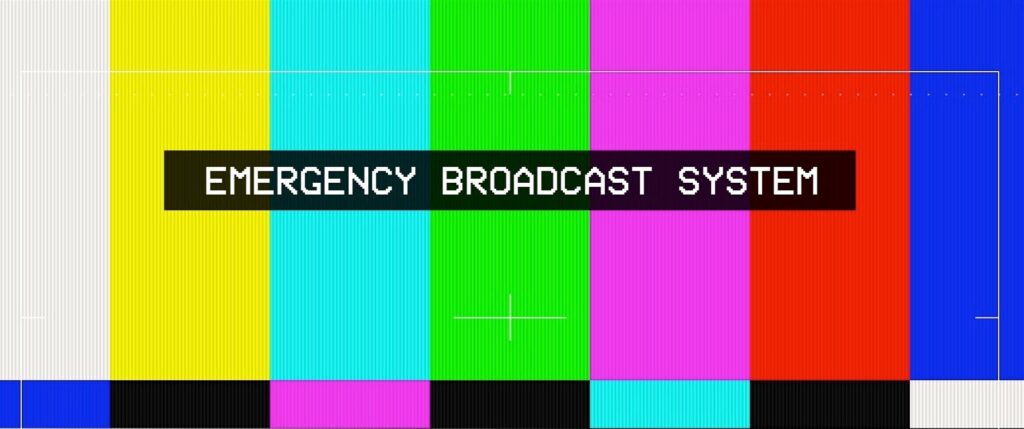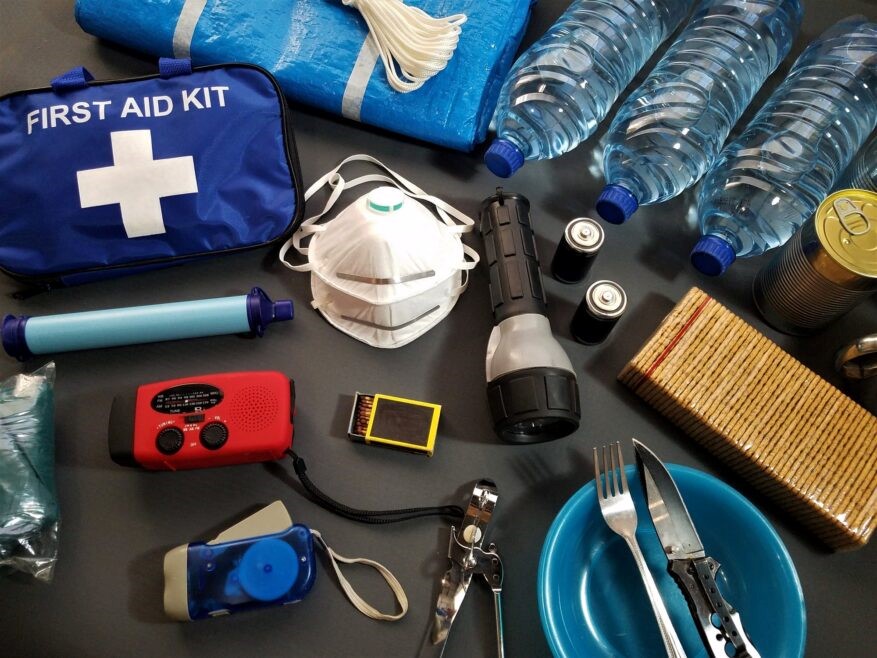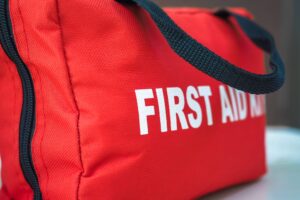The beginning of 2022 has started with a bang. The covid-19 pandemic keeps raging on, Russia threatening to invade Ukraine, North Korea testing its intercontinental missiles more frequently. Things are getting pretty tense in the world. In this post, we will discuss how to prepare for war as a civilian -an SHTF situation that has happened in other parts of the world.
Being a civilian, it can be easy to get caught up in the day-to-day aspects of living. We have our work, our families and friends, and maybe even a hobby. Sometimes we forget how much we can help our communities by taking part in activities to prepare civilians for war.
War is around us every single day. Whether we want to believe it or not, and preparing civilians for war is one of the best ways to prepare the nation at large. So let’s take a look at some non-combat activities that you can take part in to make sure everyone is prepared.
What Kind Of Threat You Are Facing?
The first step is to understand what kind of threat you are facing. Do you live in an area with frequent terrorist activity? Are there military bases nearby that could be targets of attack? Once you have identified your potential threat, then it’s time to start prepping.
Tips For Preparing For War As A Civilian
1. Know Where To Find Shelter
Even if you live in an area that has few active threats right now, it’s still important to know where sheltered areas are located so that you can use them when necessary.
You may need to shelter in place in your home or evacuate to a more fortified building. When sheltering at home, find a designated interior room with no windows. If you hear the National Emergency Alert System, be sure to take emergency kit with you such as extra food, water, blankets, first aid kit, and any medications.

If you happen to be outside or commuting to work and you hear National Emergency Alert System, find a commercial building to go into such as a hospital, school, police or fire station. Be sure to take your emergency get home bag with you. Find out where are your local fallout shelters within your commuting route and near your home.
You can’t expect to survive for long without food, water, and shelter. Most of us take these things for granted, but it is much harder to find these when the world is falling apart. This is why it is essential that you do your emergency preparedness before any type of emergency.
2. Know What The Warning Signs Are
Although there are no signs that a war is coming, the signs of war when it does come will be unmistakable. If you hate to watch the news, you still need to stay informed or world events. The standard form of warning will be through the news media and the National Emergency Alert System . But if something happens, the news media will tell you, and then you can prepare for the worst.

3. Stay informed on the situation
Listen to news carefully and watch our for rumors, even if they are told by friends or family members. You can also follow the official channels of your government and military forces on social media or other sources of information. Usually, they publish important news that may affect civilians or just inform people about the current situation in their country.

4. Have Your Emergency Kits Ready

In case of an emergency, the government recommends that every household has an emergency kit with various things in it in case something happens. Besides your basic kit, also have a first aid kit including a trauma kit. Have plenty of over the counter medications and try to have a reserve of your prescription medications.
5. Learn First Aid Basics
Although surviving an attack is mostly common sense, you should know at least some basic first-aid so that your chances of survival are increased. If a bomb is dropped near your house or building, you might have severe burns or injuries that require immediate attention from a doctor or professional in the medical field.
You may have to help your loved ones or other people who are injured. Take a first aid class your local Red Cross chapter, especially one geared toward treating radiation poisoning (which can occur after a nuclear bomb explodes).
6. Have a Cash Reserve At Home
If power goes out, ATMs will not work. It is always a good idea to have a cash reserve at home for such emergencies. Plus have smaller cash bills. Don’t expect the cashier to have the right change for you.
7. Stock Up On Essentials Now
In the event of war, the availability of certain supplies might become limited or even completely restricted by the government (particularly if there are rationing laws).
To prepare for this possibility, an emergency pantry with non-perishable foods that don’t expire easily such as canned soups and vegetables, pasta, rice, flour/corn meal/oatmeal in airtight containers (or vacuum sealed), freeze dried or dehydrated foods that have a long shelf life (such as MRE’s or Meals Ready to Eat from military surplus stores).
Having a survival garden can supplement your non-perishable foods and feed your family continuously. When medicines are scares, having a garden pharmacy can help treat common ailments naturally when medicine is hard to come by.
To Bug In or Bug Out
If the situation allows, leave the area or retreat to a safe place outside of the city.
What if you live in a city where there is war or conflict? The first thing to do is leave the area if possible. You may get stuck in the city for many reasons. It is best to prepare for this decision in advance.

If you are unable to leave the city, find a place outside of it where you can stay during the conflict. Find a less urban area with good land and water sources, where you can grow your own food. This will be your safe zone. It’s best if this place is close enough that you can visit it regularly, but far enough away that you know it will be safe no matter what happens in the city.
Have a written list of friends and family that live outside in a safer zone where you can evacuate to. Be sure to go with your own emergency supplies, food and water.
For more information about preparing for a nuclear attach, I highly recommend reading this post from Ready.gov.
In Conclusion
We hope that this post has inspired you to learn a thing or two about how to prepare for war as a civilian. If nothing else, we hope you’ll pay closer attention to the news, and take whatever measures you can to enhance your personal safety.
How concerned are you about the world’s current events? Please share your comments below.
Keep in mind that we may receive commissions when you click our links and make purchases. However, this does not impact our reviews and comparisons. We try our best to keep things fair and balanced, in order to help you make the best choice for you.

